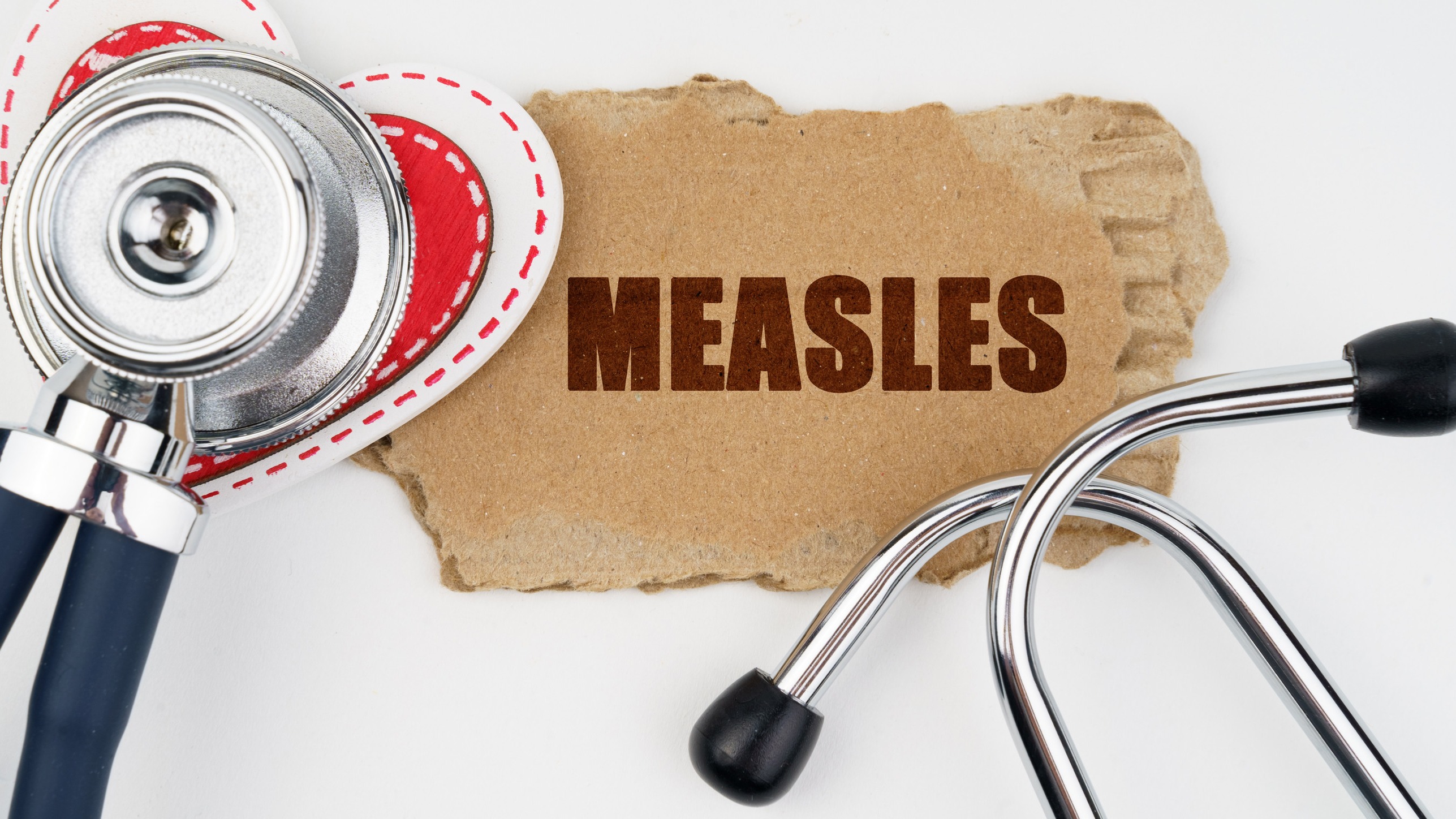
Measles Makes a Comeback: What Does it Mean for Public Health?
In the aftermath of the global pandemic, the United States is witnessing a resurgence of measles, a disease that was once declared eliminated in the country. As of August 6, 2025, 41 states have reported outbreaks, totaling 1,356 confirmed cases and resulting in three deaths. This alarming trend raises critical questions regarding the shifting landscape of public health and vaccination in the U.S. What has led to this dramatic return of a previously vanquished disease?
Understanding the Roots of Resurgence
Several factors contribute to the current measles outbreaks, which can largely be traced back to the interplay of misinformation about vaccines, government responses, and personal freedom regarding vaccinations. The infamous study by Dr. Andrew Wakefield, which falsely linked the MMR vaccine to autism, played a pivotal role in fostering vaccine hesitancy. Unfortunately, this skepticism has only been exacerbated by the politicization of vaccines during the pandemic.
The Role of Media in Vaccine Misinformation
Social media is host to a rampant spread of misinformation. Platforms like Instagram and TikTok have seen users propagating unfounded claims that contracting measles can actually enhance immunity, an assertion that is both misleading and dangerous. For instance, influential figures like Mary Holland, CEO of a noted anti-vaccination organization, echo these harmful sentiments. Such messages are particularly troubling when they are disseminated through traditional media channels where credibility is often taken at face value. During interviews, figures like Robert F. Kennedy Jr. have baffled audiences with mixed messages regarding vaccination, further muddying the waters surrounding vaccine efficacy.
The Government’s Role: Confusion and Mixed Messages
The responsibility of government entities through public health messaging cannot be understated. As the outbreak spreads, the response from state and federal levels has varied. While some areas are reinstating mandates for vaccinations in schools, others have been slower to react, contributing to public confusion and a growing mistrust in government health recommendations. This inconsistency is particularly damaging in an era where people are already wary of expert advice.
Personal Choice Exemptions: A Double-Edged Sword
The option for personal exemptions from vaccinations for non-medical reasons is a contentious issue. While it is important to respect personal choices, these exemptions significantly impact public health by contributing to lower immunization rates. This conflict raises the question of balancing personal freedoms with community health obligations. As the nation grapples with these complex issues, it becomes crucial to reflect on how we protect the public from preventable diseases.
Moving Forward: Recommendations for Enhanced Public Health
What can be done to mitigate the alarming resurgence of measles? Comprehensive public health strategies need to prioritize clear, consistent messaging. Education is key; individuals must be informed of the safety and benefits of vaccinations without the noise of misinformation clouding their judgment. Engaging with credible voices in the medical community can help bridge the gap of understanding for those skeptical about vaccines.
Furthermore, addressing socio-economic factors that prevent access to vaccines could play a significant role in improving immunization rates. Enhanced outreach programs tailored to communities with lower vaccination uptake can help restore trust in the healthcare system and foster a collective responsibility toward public health.
Conclusion: The Call to Action for Health and Wellness
In light of the current measles outbreaks, it becomes imperative for healthcare advocates, policymakers, and communities to unite against misinformation and prioritize public health. By focusing on education and trust-building, we can create lasting solutions that promote health and wellness throughout society. The resurgence of diseases like measles is a call to action that should not be ignored. We must harness our collective efforts to ensure that our communities are vaccinated, healthy, and protected against preventable diseases.
To safeguard your family’s health and well-being, stay informed, support vaccination initiatives, and engage in discussions that debunk myths surrounding vaccines.
 Add Row
Add Row  Add
Add 




Write A Comment